Filing for bankruptcy is a significant financial decision, and it can have a lasting impact on your ability to purchase a home. However, the good news is that bankruptcy doesn’t have to be the end of your dream to own property. Many people are able to buy a home again after bankruptcy, but the timeline depends on several factors, including the type of bankruptcy filed and the loan program you’re seeking.
Types of Bankruptcy and Their Waiting Periods
There are two primary types of personal bankruptcies that impact your ability to buy a house: Chapter 7 bankruptcy and Chapter 13 bankruptcy.
1. Chapter 7 Bankruptcy
Chapter 7 bankruptcy involves liquidating your assets to discharge most of your debts. It’s often referred to as a “fresh start” because it eliminates many financial obligations. However, it can also come with a longer waiting period before you can qualify for a mortgage.
- Conventional Loans: You’ll generally need to wait four years after a Chapter 7 discharge to qualify for a conventional loan.
- FHA Loans: The Federal Housing Administration (FHA) allows a shorter waiting period. You may qualify for an FHA loan just two years after the Chapter 7 discharge, provided you’ve re-established good credit.
- VA Loans: If you’re a veteran, you may be eligible for a VA loan two years after your Chapter 7 bankruptcy. VA loans are a great option because they don’t require a down payment and often have more lenient credit requirements.
2. Chapter 13 Bankruptcy
Chapter 13 bankruptcy is a reorganization of debt, allowing you to keep your assets while repaying debts over a three- to five-year period. Since this type of bankruptcy involves debt repayment, the waiting periods for obtaining a mortgage are often shorter.
- Conventional Loans: The waiting period for a conventional loan after a Chapter 13 bankruptcy is two years from the discharge date, or four years from the dismissal date if the bankruptcy was not completed.
- FHA Loans: FHA loans are available after one year of on-time payments in a Chapter 13 repayment plan, with court approval. You can qualify even while you’re still making payments on your Chapter 13 bankruptcy plan.
- VA Loans: VA loans may also be an option one year into a Chapter 13 repayment plan, with approval from the bankruptcy court.
Steps to Qualifying for a Mortgage After Bankruptcy
To increase your chances of qualifying for a mortgage after bankruptcy, follow these steps:
- Rebuild Your Credit: One of the most critical factors lenders will consider is your credit score. You can rebuild your credit by:
- Paying all bills on time
- Keeping credit card balances low
- Avoiding applying for new credit too frequently
- Save for a Down Payment: While some loan programs, like VA loans, don’t require a down payment, having a larger down payment can help you secure better loan terms. Aim for at least 3.5% to 5% of the home’s purchase price for FHA and conventional loans.
- Reduce Your Debt-to-Income (DTI) Ratio: Lenders prefer a DTI ratio below 43%. Reduce your outstanding debts to improve this ratio.
- Get Pre-Approved: Before you start house hunting, get pre-approved for a mortgage. This shows sellers you’re a serious buyer and gives you a clear idea of how much home you can afford.
Conclusion
While filing bankruptcy can set back your homeownership goals, it doesn’t have to prevent you from buying a house forever. The waiting period after bankruptcy varies based on the type of bankruptcy and the loan program you’re applying for. During the waiting period, focus on rebuilding your credit, saving for a down payment, and lowering your debt-to-income ratio. With time and effort, homeownership can be within reach again after bankruptcy.
Looking for Expert Guidance?
If you’re ready to explore your options, James is here to guide you through the process. He specializes in helping veterans, first-time buyers, and those seeking affordable housing solutions. Contact him today to learn more about how he can assist you on your homeownership journey.
The information provided in this article is for general informational purposes only and does not constitute financial advice. Eligibility for the homebuyer programs mentioned may vary based on individual circumstances, income, credit history, location, and other applicable criteria. Loan terms, interest rates, and assistance options are subject to change and may differ by lender. To determine which programs are right for you and to get accurate, up-to-date information, it is important to consult directly with a qualified lender or financial advisor. Always seek professional guidance when considering a home loan or assistance program.


 Facebook
Facebook
 X
X
 Pinterest
Pinterest
 Copy Link
Copy Link


